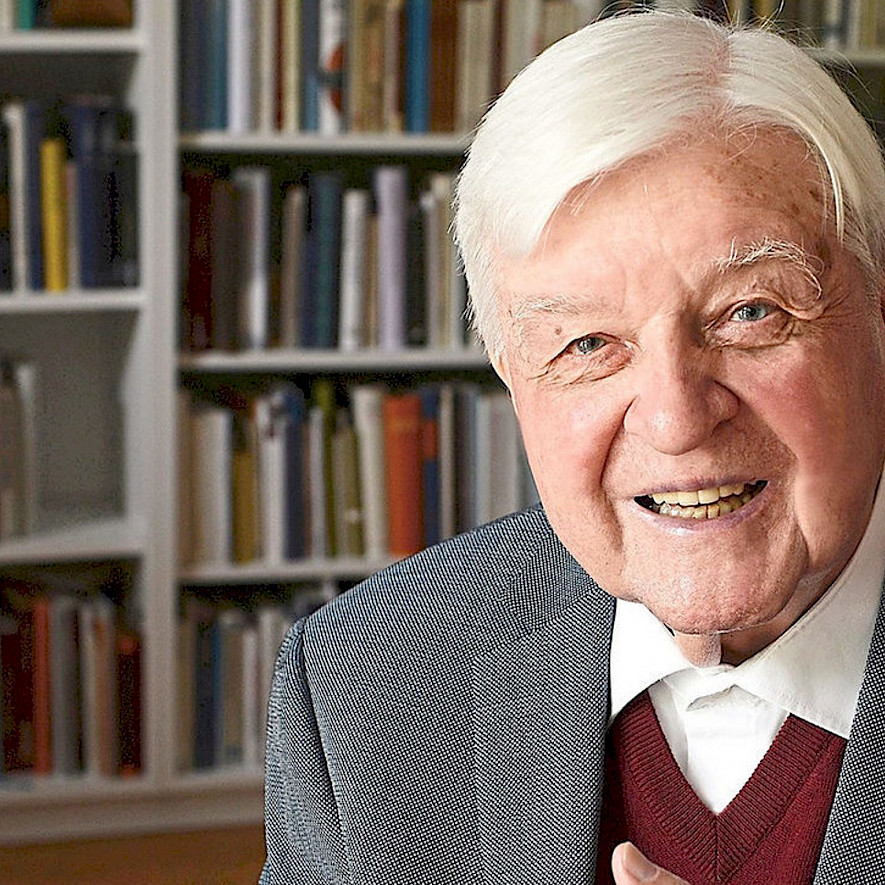What is called the "post-war period" came to an end in the 1960s: a time of asceticism, discipline and performance, which was not "leaden," but strict, not "stuffy," but performance-oriented and willing to do without. Now things were supposed to loosen up for the fastidiously educated children of affluence. The establishment, the familiar or the practiced, was declared war on; order, cleanliness, obedience were suddenly no longer sacred cows. The word "anti-authoritarian" – until then known only to insiders – passed from mouth to mouth. What began in the late sixties as a student revolt in the colleges hit the public and forced the state to react.
At the same time, change was brewing internationally. The sense of epochal change, of an irrevocable break, was spreading. With its report on "The Limits to Growth" the Club of Rome, founded in 1968, gave the times a new cue. The question now came to the fore as to what extent growth was compatible with the finite nature of the earth, its resources and living possibilities – and how human actions affected nature and the environment. Since that time, "the environment" has been a topic of politics, environmental protection and climate protection gained increasing importance.





